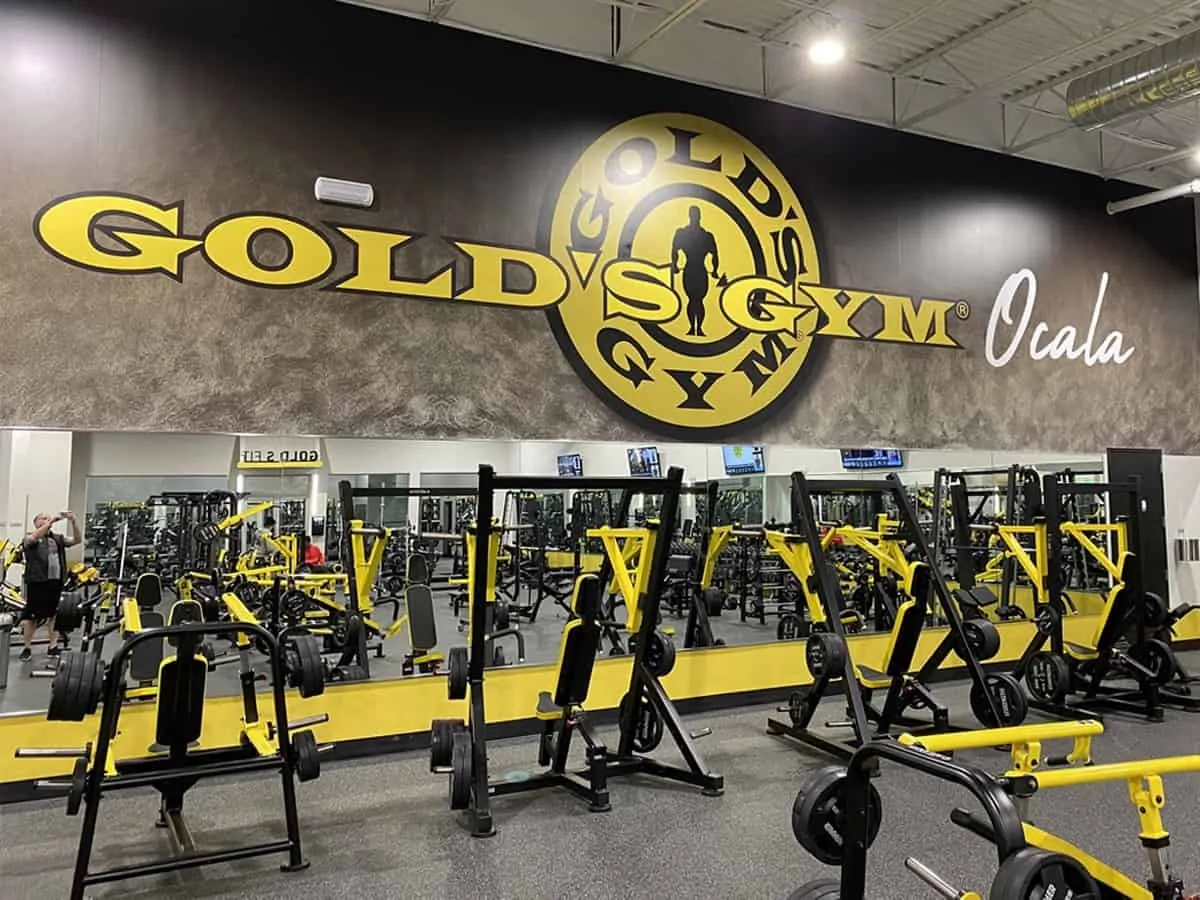Building a Gym Supplement Store in the US for Extra Income: A Complete Guide. The fitness and wellness industry in the United States is booming, with supplements playing a central role in how athletes, bodybuilders, and everyday health enthusiasts fuel their progress. From protein powders and creatine to pre-workouts, amino acids, and vitamins, supplements are no longer a niche market—they are mainstream. For entrepreneurs seeking extra income or even aiming to build a full-scale business, starting a gym supplement store in the US can be a highly profitable venture if executed correctly.
In this article, we’ll explore the business strategy, marketing essentials, industry trends, and proven growth tactics for building a successful supplement store.
Why Start a Gym Supplement Store?
Massive and Growing Market
The US dietary supplement market exceeded $60 billion in 2024 and is projected to continue growing as fitness awareness increases. Consumers are spending more on health, muscle growth, weight management, and recovery products.Recurring Customer Base
Supplements are consumables. Unlike equipment or one-time purchases, customers frequently restock protein powders, creatine, or multivitamins—leading to reliable recurring revenue.Flexibility in Business Model
You can choose to operate online, offline, or both. E-commerce allows nationwide reach, while a local supplement shop near gyms provides direct customer connections. Many successful entrepreneurs combine both approaches.Extra Income Potential
Even as a side business, a well-structured supplement store can generate consistent income streams. With effective marketing and automation, it can grow from side hustle to primary business.

Step 1: Research the US Supplement Market
Before investing, you need to understand who your customers are and what they want.
Target Demographics: Gym-goers, athletes, bodybuilders, crossfitters, college students, busy professionals, and older adults seeking wellness support.
Top Products in Demand:
Protein powders (whey, plant-based, casein)
Creatine monohydrate
Pre-workout boosters
Amino acids (BCAAs, EAAs, Glutamine)
Fat burners and metabolism support
Multivitamins and wellness formulas
Trends to Watch:
Natural and clean-label supplements
Plant-based and vegan products
Subscription-based supplement delivery
Bundles for specific goals (muscle gain, fat loss, endurance)
Conduct competitive research by analyzing large retailers like GNC, Vitamin Shoppe, Bodybuilding.com, and niche players. Identify gaps where your store can stand out.
Step 2: Choose Your Business Model
There are three main approaches to running a supplement store in the US:
E-Commerce Store (Online-Only)
Lower overhead costs
Nationwide reach
Automated order fulfillment via drop shipping or warehouses
Brick-and-Mortar Store (Physical Location)
Strong community presence near gyms and fitness centers
Face-to-face sales build trust
Opportunity for local partnerships with trainers and gyms
Hybrid Model (Online + Offline)
Combines the power of e-commerce with physical presence
Diversifies income streams
Ideal for long-term scalability

Step 3: Business Setup and Legal Requirements
Register Your Business: LLCs are popular for liability protection.
Licenses & Permits: Depending on your state, you may need resale permits or retail licenses.
Supplier Contracts: Partner with reliable distributors or brands that offer wholesale pricing. Always ensure supplements are FDA-compliant and third-party tested.
Banking & Accounting: Set up a business bank account and tracking system for tax and profit management.
Step 4: Marketing Your Gym Supplement Store
Marketing is the core driver of sales. The best products won’t sell without visibility and trust. Here are proven strategies:
1. SEO and Content Marketing
Write articles like: Best Supplements for Muscle Growth, Protein Powder Buyer’s Guide, Creatine Explained.
Optimize product pages with SEO keywords like buy protein powder online, best creatine supplements USA, BCAA supplements near me.
Build backlinks through guest posts, fitness blogs, and influencer collaborations.
2. Social Media Marketing
Use Instagram, TikTok, and YouTube to showcase product benefits, workout tips, and customer transformations.
Collaborate with fitness influencers for authentic promotions.
Post short, engaging videos explaining supplement science in simple terms.
3. Email Marketing & Subscriptions
Offer discounts for first-time buyers.
Build a newsletter with workout tips, supplement guides, and exclusive deals.
Push subscription models for monthly deliveries—creating predictable recurring revenue.
4. Paid Advertising
Run Facebook and Google Ads targeting fitness keywords and gym-goers in your area.
Retarget website visitors with discounts to increase conversions.
5. Community Partnerships
Partner with local gyms, trainers, and health clubs.
Offer wholesale packages or referral commissions.
Sponsor local fitness events or competitions to boost brand awareness.
Step 5: Building Trust and Customer Loyalty
Supplements are personal—customers want trust and transparency. Build credibility through:
Third-Party Tested Products: Showcase certificates of analysis.
Educational Content: Explain ingredient benefits, research studies, and safe usage.
Customer Reviews & Testimonials: Encourage satisfied buyers to leave reviews.
Loyalty Programs: Offer points, discounts, and rewards for repeat customers.
Step 6: Scaling Your Business
Once your supplement store gains traction, you can expand by:
Adding private-label supplements under your brand
Expanding product lines (vegan, women’s wellness, senior health)
Launching subscription boxes (e.g., “Muscle Growth Pack” or “Endurance Pack”)
Building affiliate and influencer programs for wider reach

Common Challenges and How to Overcome Them
High Competition: Differentiate with niche products, transparency, and customer service.
Regulatory Compliance: Stick to FDA-approved claims and avoid false promises.
Marketing Fatigue: Continuously innovate—offer educational content, podcasts, or live Q&A sessions.
Cash Flow Management: Start small, reinvest profits, and grow sustainably.
Conclusion
Building a gym supplement store in the US can be an excellent way to generate extra income while tapping into the booming fitness industry. Success requires strategic planning, strong branding, marketing expertise, and a customer-first approach. By offering quality products, building trust, and leveraging digital tools, your store can evolve from a small side hustle into a highly profitable fitness business.